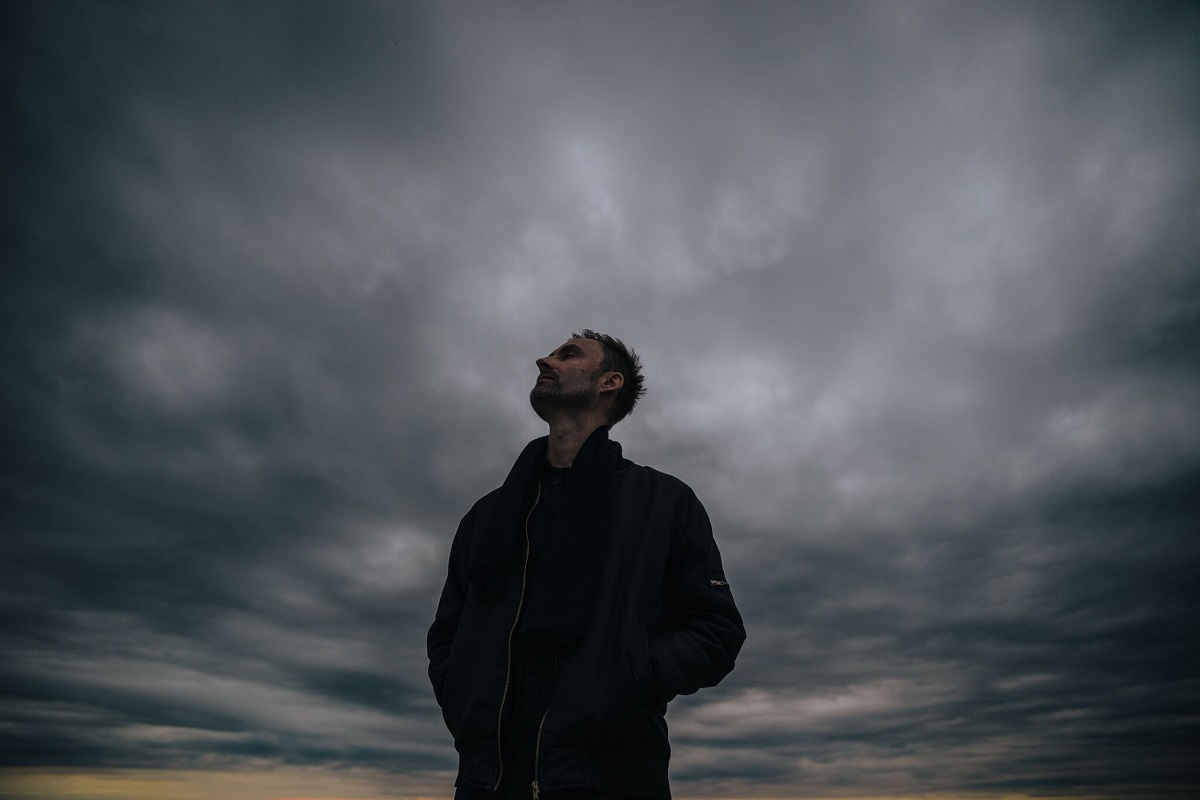Contemporary electronica composer, Robot Koch, is following his 2018 album, Sphere, with new full length, The Next Billion Years, a work with a futuristic character, distinctive of the artist's electronic soundscapes and the philosophic proclivity that's usually met in his themes.
Kassel is the new single from the coming album, a beautiful, immersive piece which prominently features the voice of explorer forward-thinking filmmaker, Jacques-Yves Cousteau whose recording, dating back to 1973, was unearthed by Robot on a tape he found in a second hand shop in LA.
"It’s pure magic. I found something I didn’t consciously know I was looking for," Robot says of the recording. "What blew me away is how accurate and relevant his prediction of the future was back then. He talks about current topics such as climate change, poisoning of the environment, overpopulation and gives an outlook about the survival of our species and how it depends on the decisions we make right now."
Making the most out of the existential nature of his music, Robot Koch found an equally restless creative spirit as his in the late Cousteau and his broad-minded speeches.
"When I first heard the recording I was really blown away by its long term vision." he adds. "When we think about the future we usually think about our own lifetime or the one of our children, but who really thinks a thousand or a million years into the future? Or even better, a billion years?"
While the previous LP, Sphere, tackled the exploration of space, the new album is set committed to another set of big questions, this time having to do with futurism, and as its title suggests, what the next billion of years holds for humankind and the environment. Accidentally bumping into the Cousteau recording was catalytic for the album's conception.
"I’m fascinated by the future and I was really into sci-fi as a kid," Robot justifies his own intuitive proneness to the album's subject. "This otherworldly element, exploring the unknown, and pushing the boundaries of what’s known and possible, really enthralls me."
Like Cousteau, Robot looks at the with resoluteness, and a fairly confident point of view: "To save mankind from total disaster is a matter of a collective decision. Cousteau proposes the idea of a global consciousness which needs to develop in people's minds, and I couldn’t agree more. Part of the problem we have today is that people feel separate from nature and each other. I think we need to perceive ourselves as part of nature, part of life, working as a single unified pattern, not separated, but integrated."
For the correspondingly engaging music video, Koch once again collaborates with visual artist, Le Goff, with whom he worked before on Sphere.
Powerful, moving and thought-provoking, the new piece not only makes a great use of an almost fifty year-old recording, but creates something really new and innovative, with the characteristics of a timeless endeavor.
"That's what's beautiful about music," Robot remarks, "you express yourself with so much more depth than you ever could with words. It's beyond the conscious mind, it touches you deeper. You don’t need to understand it, you just feel it. Music is a means to allow a higher consciousness to enter. Everything is energy, everything has a frequency and with music we can connect and raise our frequency in a way we would not be able to do with the limitations of the mind."
The Next Billion Years releases May 29th, 2020 via Modern Recordings.
Robot Koch Bandcamp | Facebook | Twitter | Instagram
ZR



